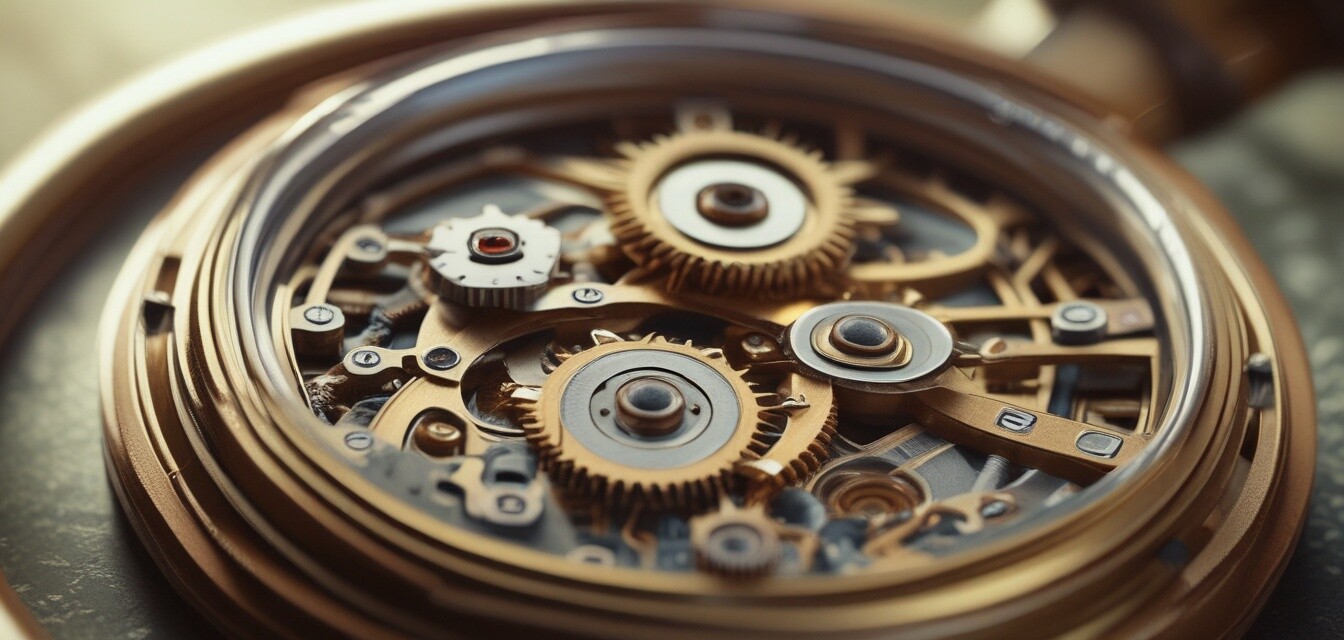
Restoring Vintage Watches: What You Should Know
Key Takeaways
- Understand the value and importance of preserving the watch's originality.
- Know when to attempt restoration yourself and when to seek professional help.
- Avoid common pitfalls that can decrease a watch's value.
- Learn about essential tools and techniques for basic restoration.
- Maintain your restored vintage watch for longevity.
Restoring vintage watches can be a rewarding endeavor for watch enthusiasts. These timepieces carry stories, memories, and a rich history that often demands careful consideration during the restoration process. In this guide, we will explore the important factors to consider when restoring vintage watches, the potential pitfalls to avoid, and when it’s wise to seek professional assistance.
Why Restore Vintage Watches?
Vintage watches capture a unique charm and craftsmanship that is often unparalleled in modern timepieces. They can also serve as valuable collectibles. Restoring these watches not only revives their functionality but also enhances their aesthetic appeal, allowing collectors to enjoy these pieces for years to come.
Assessing the Watch's Condition
Before embarking on a restoration journey, it's critical to assess the overall condition of the watch. Here are some aspects to consider:
| Condition Aspect | What to Look For | Action Steps |
|---|---|---|
| Movement | Is the watch running? Are there any strange sounds? | Consider a professional movement cleaning if not functioning. |
| Dial | Is the dial faded or damaged? | Assess if it can be cleaned or needs replacement. |
| Crystal | Are there scratches or chips on the glass? | Consider polishing or replacing the crystal, depending on severity. |
| Case | Is there significant wear or corrosion? | Light polishing may be done; severe damage should be assessed by a professional. |
Common Pitfalls to Avoid
While restoring, it's crucial to avoid certain mistakes that can diminish the watch’s value. Here are some common pitfalls:
- Over-polishing the case which can remove important design elements.
- Replacing original parts with non-authentic parts.
- Ignoring the integrity of the movement during repair.
- Using the wrong tools or techniques for delicate parts.
When to Seek Professional Help
Not all restoration tasks can (or should) be done at home. Here are some situations where you should consider seeking a professional:
- The watch has significant sentimental or monetary value.
- You are uncertain about the repair process or necessary tools.
- The movement is malfunctioning and requires intricate work.
- Parts need to be sourced or replaced, and authenticity is critical.
DIY Restoration Tips
Beginners Section
If you decide to attempt some restoration steps yourself, here are a few tips to get you started:
- Use the right tools: Invest in a watchmaker’s toolkit.
- Document everything: Take photos before disassembling.
- Stay patient: Rushing can lead to mistakes.
- Research: Join forums or watch videos for step-by-step guides.
Maintaining Your Restored Vintage Watch
Once the restoration is complete, proper care is essential to maintain the watch's condition:
- Store the watch in a cool, dry place to prevent damage.
- Regularly wind and set the watch to keep the movement healthy.
- Clean the watch periodically with a soft cloth.
- Schedule regular servicing with a professional to keep parts in good working order.
Final Thoughts
Restoring vintage watches requires dedication and care. By understanding the risks, knowing when to repair or seek help, and employing effective maintenance strategies, you can breathe new life into these timeless treasures. Embrace the journey of restoration and enjoy the history and craftsmanship that these watches represent.
For more insights on various luxury watches, visit our Lifestyle and Care section, or explore our selection of luxury brands like Rolex, Omega, and Cartier.

